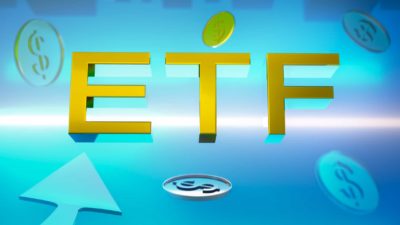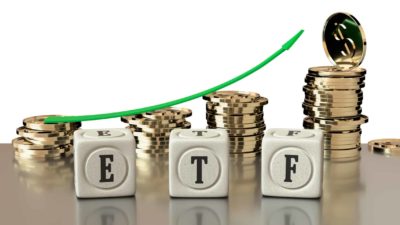The US's largest investment bank JP Morgan kicked off quarterly profit reporting season in the U.S. on Friday night with a better-than-expected report that sent its shares nearly 5% higher to US$111.21.
For the quarter ending March 31 2019 JP Morgan reported both a record profit and revenue to suggest those calling an economic slowdown in the U.S. are wide of the market.
JP Morgan's CEO flagged that the "U.S. economy continues to grow, employment and wages are going up, inflation is moderate, financial markets are healthy and consumer and business confidence remains strong."
This summary doesn't reconcile with the predictions of a coming recession often given by market commentators recently and based on a brief inversion of the U.S. yield curve.
The Macquarie Group Ltd (ASX: MQG) share price opened 1% higher to $133.19 this morning in response to the JPM news, with Australia's only global investment bank and asset manager due to report its own full year result next month.
Macquarie is guiding for profit growth up to 15% which is a strong result given the soft local economy and tougher regulatory environment with Macquarie still earning around one third of its income in Australia.
It's a business I've regularly recommended to income seekers in particular over the past 5 years, during which time it's up around 130% plus some big annual dividends to take total returns closer to 200% I'd imagine.
This is no spec stock either, on the contrary, it's one of only a handful of what I'd call blue-chip dividend growth businesses on the ASX alongside the likes of CSL Limited (ASX: CSL).
Macquarie is not going to shoot the growth lights out, but on my estimates and those of analysts' consensus it should pay around $6 per share in dividends in fiscal 2020 to mean it offers a forward estimated yield of 4.5%. Nothing special, but a good starting point if we assume Macquarie has what it takes to consistently lift dividends over the medium term.
I've also flagged many times before how even the world's best banking analysts will find this business difficult to value due to its opaque or secretive nature and the number of significant one-offs (via profits on asset sales, etc,) that regularly go through the profit and loss statement. Indeed, a core part of its business model is effectively trading assets of all sizes to show the trickiness in valuing the business over the short or long term.
As such relying on analysts' forecasts or opinions to judge whether or not the shares are expensive may be a mistake given they've generally been labelled 'expensive' for the past 5 years or so while being on a relentless rise.
I also expect the bank will surprise to the upside over the medium term with its push into the multi-lateral development bank space via the A$4.2 billion acquisition of the UK's Green Investment Bank.
Risks of course remain in that this is a capital-markets facing business that is leveraged to the overall health of equity and debt markets, alongside the wider financial system. Therefore it's likely to fall heavily on any serious signs of global wobbles especially of the debtor default, credit or liquidity kind.
Therefore Macquarie should only make up a small part of a balanced investment portfolio, however, I expect it will continue to beat the market and could have some short-term upside on the back of JP Morgan's upbeat assessment on the operating environment for investment banks and economy.







